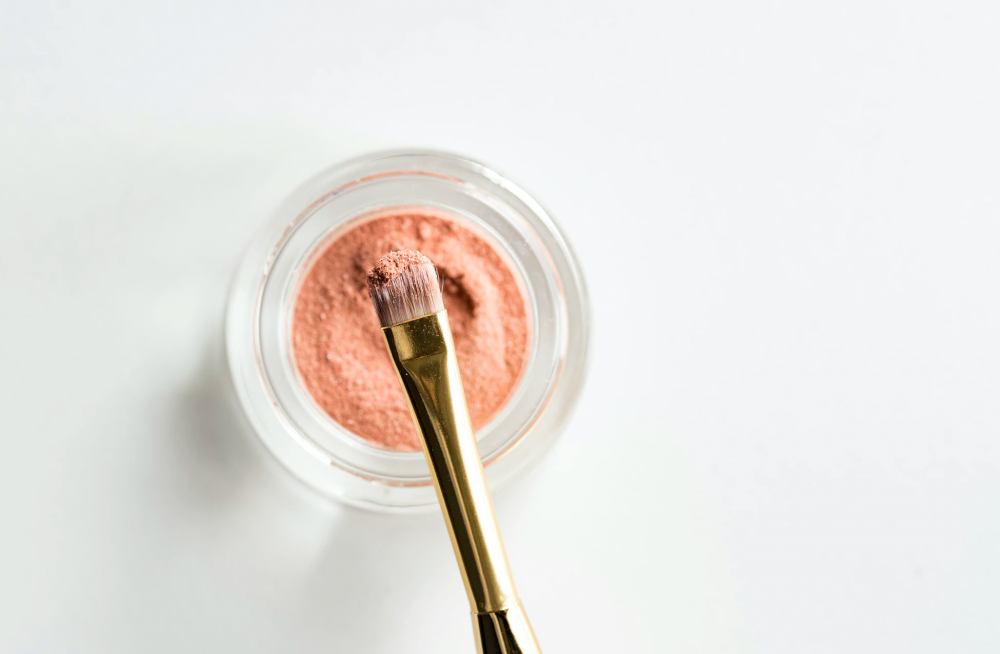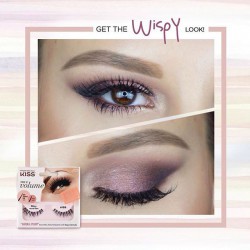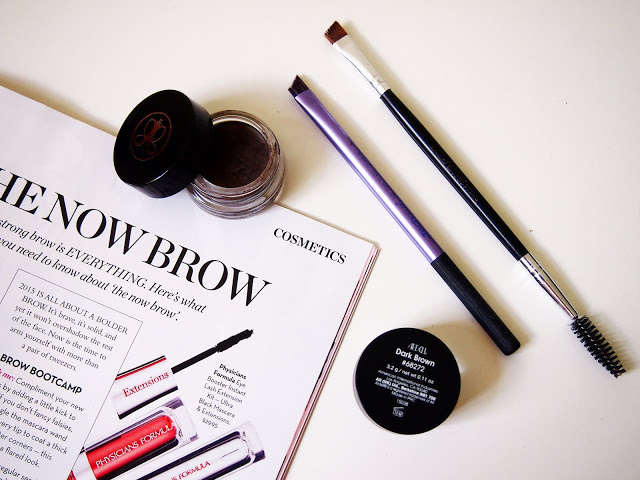Cosmetics is a multi-billion dollar industry with so many working facets and niches. It doesn’t matter who you are, what your style is, or what you can afford. There’s always something for you. That’s the genius of beauty and fashion: no matter what, if you have the confidence and the access, you can always shine. It just depends on the look and the intended audience. But with all of choice and all of the avenues you can go, there are still things that leave us wondering.
We’re pulled by the marketing and the glitz, sure. Maybe there are other things to take into account. Here are some of the top things to mull over and consider before buying cosmetics.
How You React
When buying cosmetics, you have to consider how you react to certain products. If you’ve been searching and buying for a while, you already know what generally works. For those just getting into makeup, it might take a bit of time. Sensitive skin needs to have minimal harsh compounds and perfumes mixed in.
Most of us know that. But it’s not just skin. It’s eyes and lips, too. Finding the best mascara for sensitive eyes is a very personal endeavor. The same goes for lipgloss. Mucous membranes in the human eye and mouth can react to things we don’t expect. Like anything, do your research, test things out, and get credible information from credible sources.
Ingredients and Ethics
Ingredients and where they are sourced is, to some, of great importance. That’s the selling point for a lot of the new Korean brands that are out there. They have an immediate answer to where their ingredients are sourced from. Over the last decade, story after story has come out about the strange and unethical practices of some of the largest cosmetic brands. Many people concluded that they’re not about to contribute to that kind of suffering and cruelty.
Because of this, the push for transparency in materials and practices has greatly influenced cosmetics. Take a look at where things like collagen, retinol, and tocopherol are sources and synthesized. The results might sway you.
Price Ranges and Quality
Just because something is expensive doesn’t mean it’s better. It’s just more expensive. This, interestingly enough, is only true within price ranges. If we were to lump cosmetics into three categories, it would be drug store brands, boutique brands, exclusive direct-to-buyers. Drug store brands are what most of us use daily. It’s our shampoo and our lotion. Most of it is fine.
Within these price ranges, the quality doesn’t change much. So something you can get for $10 and something for $20 is probably going to get the same net effect. But compare it to a boutique or an exclusive, and it’s a whole different ball game. The same goes for the opposite end of the spectrum. Is $200 serum going to provide any less than a $400 serum? Probably not. It’s all a matter of perspective and cost.
Your Goal
Lastly, consider what you’re trying to achieve. If you’re trying to get a certain look or a certain outcome, some ingredients can help with that. Vitamin A, along with various enzymes, can give an anti-aging effect and a wonderful glow. Things like hyaluronic acid peel back the top layer of the keratinized epidermis to stimulate your body’s natural renewal mechanisms. If you’re looking to just maintain your already great skin and hair, you can look for more nutrient support and adaptogens than targeted treatments.
The world of cosmetics can be dizzying. But with all these things considered, there’s no doubt that you can make an informed and conscientious choice. You’ll come out happier, looking great, and all the wiser.





